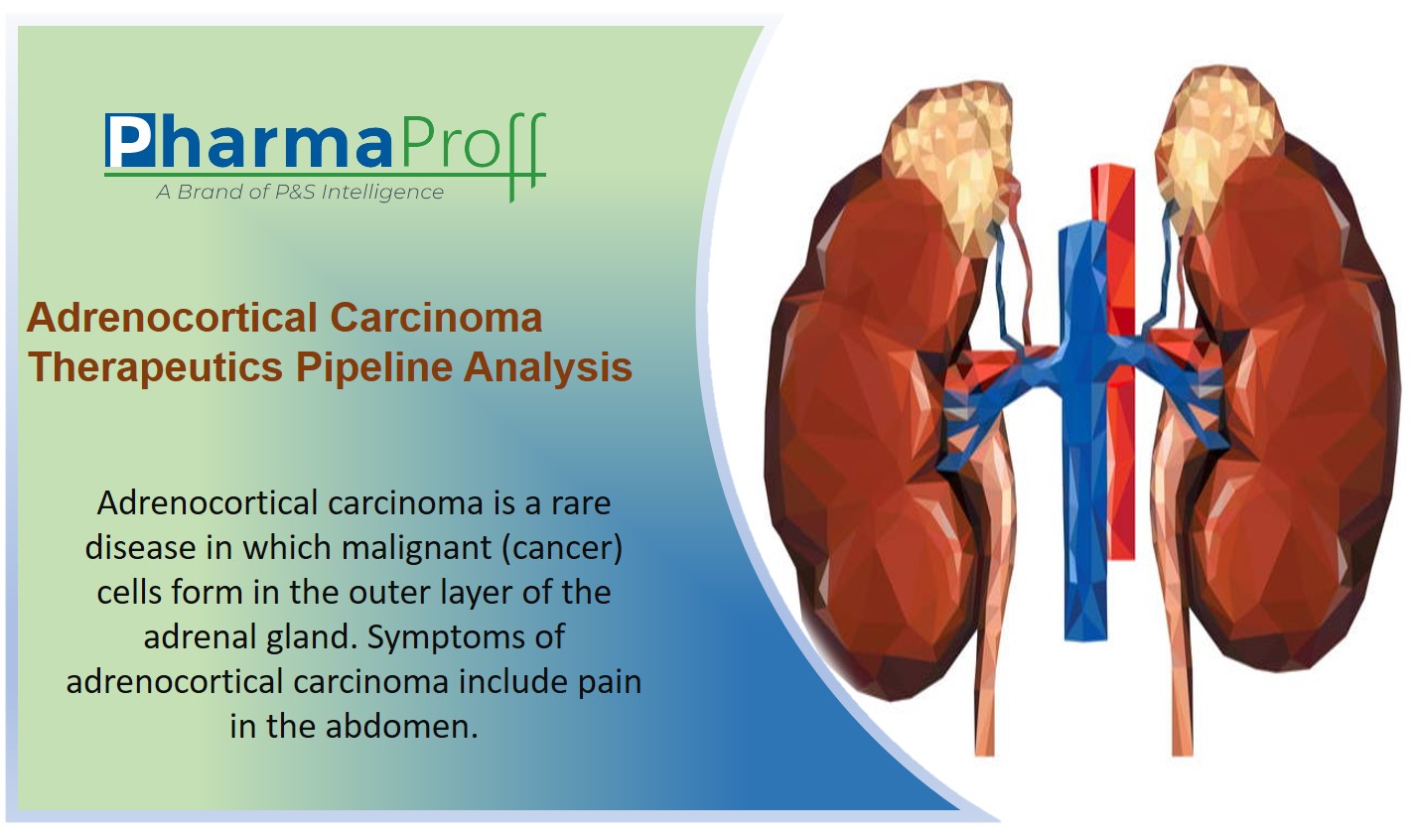Atypical hemolytic uremic syndrome (aHUS), also known as non-diarrhea – associated hemolytic uremic syndrome, is a rare disease characterized by hemolytic anemia, thrombocytopenia, acute kidney failure and uremia.
The signs and symptoms of aHUS include formation of tiny blood clots in various small blood vessels of the body. These clots reduce or prevent proper blood flow to various organs of the body, especially the kidneys. aHUS is a complex disorder; and certain genetic, environmental and immunologic factors plays significant role in its development.
Download the Clinical Trials & Results of Atypical Hemolytic Uremic Syndrome (aHUS) Therapeutics at: https://www.pharmaproff.com/request-sample/1036
Company lile ChemoCentryx Inc. is in the process of developing avacopan, an orally-administered drug candidate, that inhibits the complement C5a receptor for the treatment of aHUS. Omeros Corporation, Greenovation Biotech GmbH, and Laboratoris Sanifit S.L. are some other companies developing therapeutic agents for aHUS.

